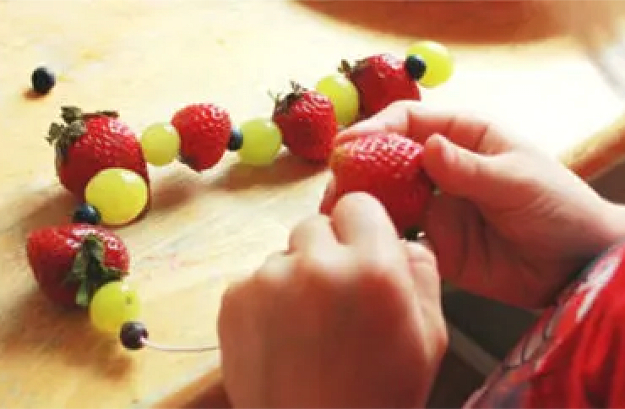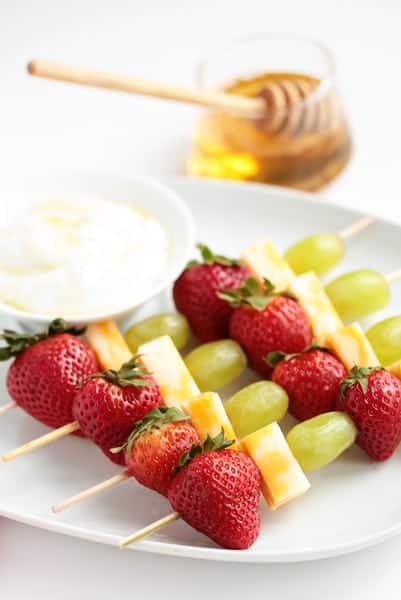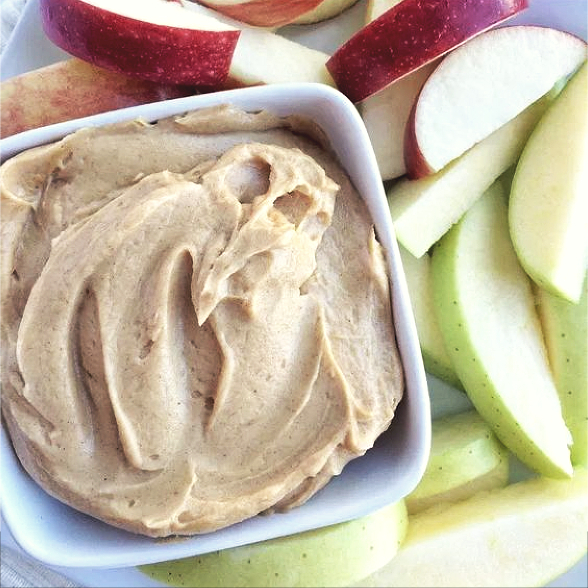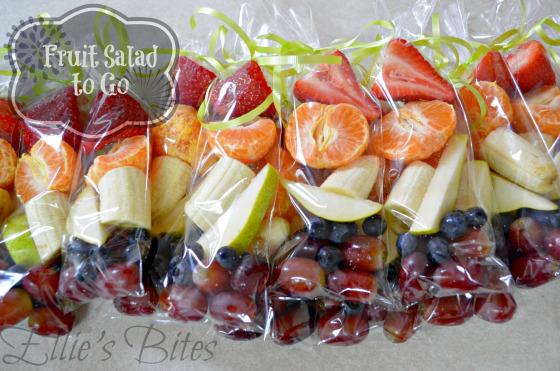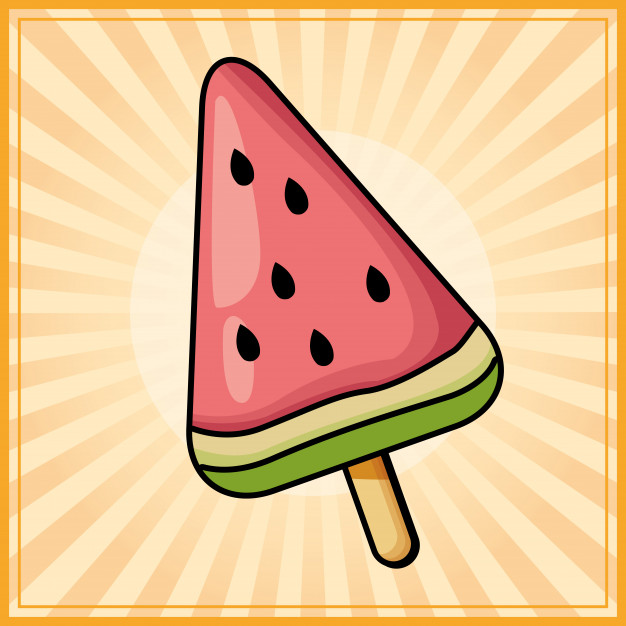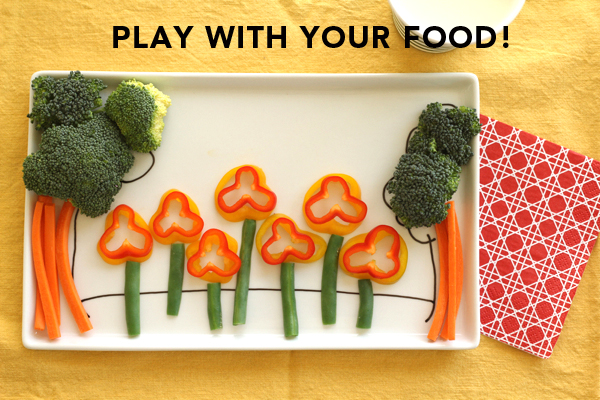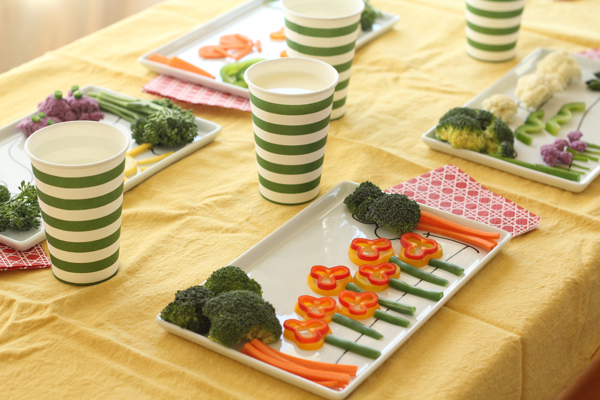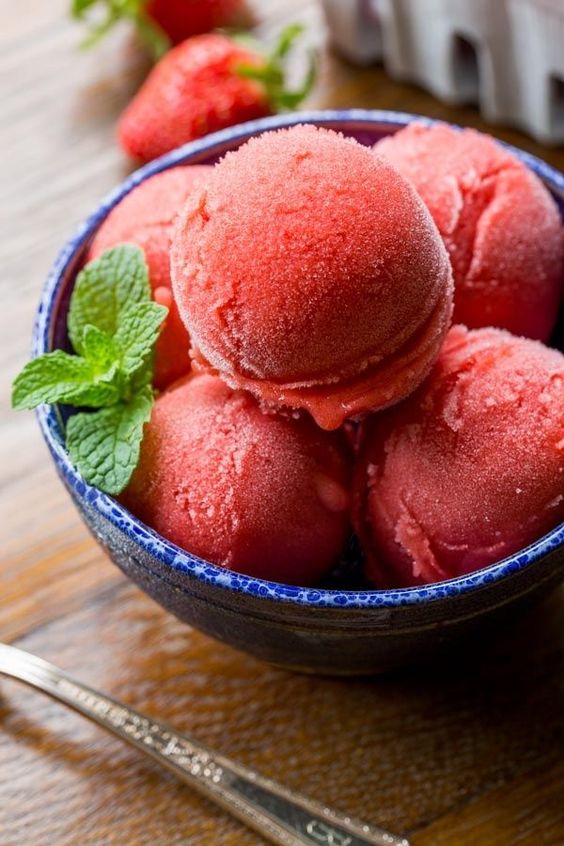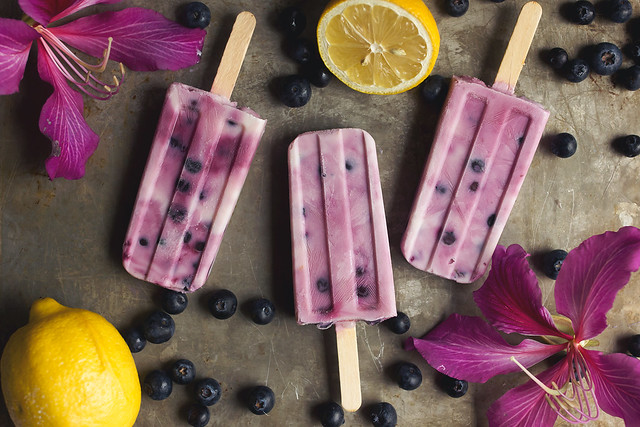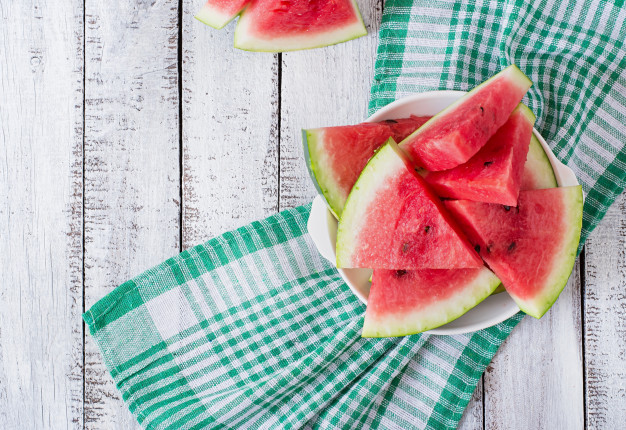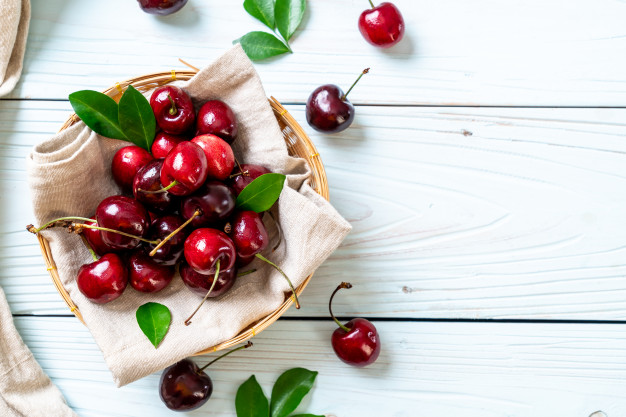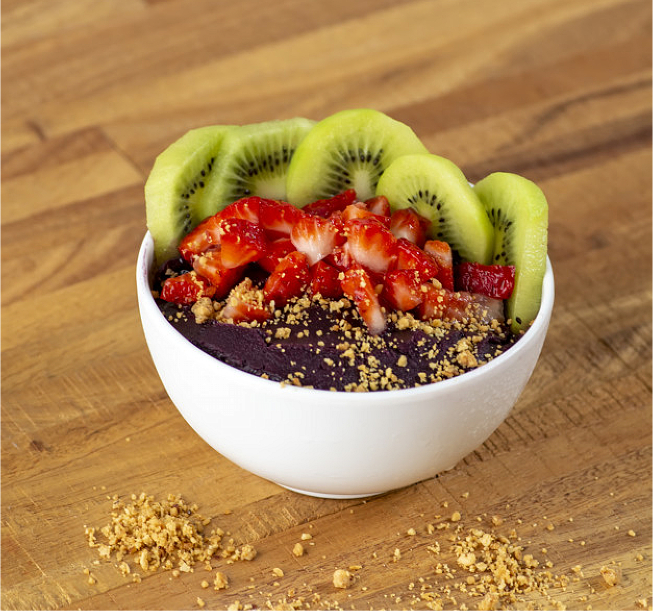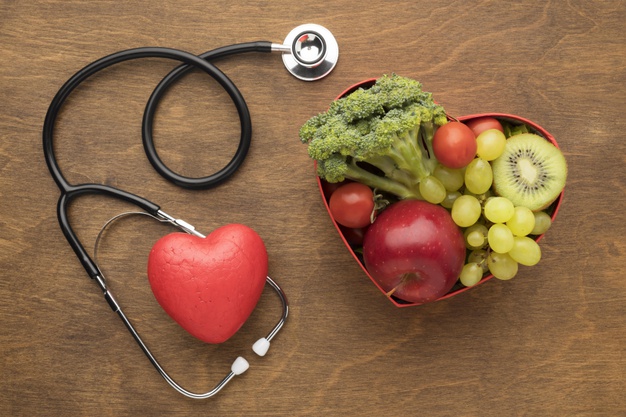Healthy & Juicy Fruit Snacks and Drinks for the Summer
July 15th, 2024
Summer is the perfect time to enjoy delicious and refreshing fruit snacks and drinks. These healthy options not only keep kids hydrated but also provide essential vitamins and nutrients. Here are some fun and nutritious fruit snacks and drinks to help your children stay cool and healthy all summer long.
- Fruit Kabobs
Fruit kabobs are a fun and easy way to enjoy a variety of fruits. Simply skewer pieces of watermelon, pineapple, strawberries, grapes, and any other favorite fruits. This colorful and tasty snack is perfect for picnics, BBQs, and poolside treats. Plus, it's a great way to get kids involved in preparing their own snacks. - Frozen Fruit Pops
Beat the heat with homemade frozen fruit pops. Blend fresh fruit such as berries, mangoes, and peaches with a little bit of water or natural juice, pour the mixture into popsicle molds, and freeze. These popsicles are a healthy alternative to store-bought versions, which often contain added sugars and artificial flavors. - Watermelon Slices
Watermelon is a classic summer fruit that's both hydrating and delicious. Cut watermelon into fun shapes using cookie cutters, or simply serve it in wedges. This juicy fruit is not only low in calories but also packed with vitamins A and C, making it a perfect snack for kids. - Fruit Smoothies
Smoothies are a fantastic way to incorporate a variety of fruits into your child's diet. Blend a mix of fruits such as bananas, strawberries, blueberries, and spinach with some yogurt or milk. You can also add a handful of ice for a refreshing, cold treat. Smoothies are versatile and can be customized to suit your child's taste preferences. - Fruit Salad
Create a vibrant and nutritious fruit salad by combining a variety of fresh fruits. Mix together slices of kiwi, oranges, grapes, apples, and berries. For added fun, let your kids choose their favorite fruits and help assemble the salad. A squeeze of fresh lime or a sprinkle of mint leaves can enhance the flavors.
- Fruit-Infused Water
Keep kids hydrated with fruit-infused water. Add slices of citrus fruits, berries, or cucumber to a pitcher of water and let it sit in the fridge for a few hours. This naturally flavored water is a great alternative to sugary drinks and encourages kids to drink more water throughout the day. - Yogurt and Fruit Parfaits
Layer yogurt with fresh fruit and a sprinkle of granola for a delicious and nutritious parfait. This snack is perfect for breakfast, a midday snack, or even dessert. Choose plain or Greek yogurt to reduce added sugars and boost protein intake. - Apple Nachos
For a fun twist on a classic snack, try apple nachos. Slice apples into thin wedges and arrange them on a plate. Drizzle with a bit of natural peanut butter or almond butter, and sprinkle with toppings like raisins, coconut flakes, or a few chocolate chips. This snack is both satisfying and nutritious. - Citrus Sorbet
Make a refreshing citrus sorbet using fresh oranges, lemons, and limes. Blend the fruit juice with a bit of honey or agave syrup and freeze the mixture in an ice cream maker. This sorbet is a healthier alternative to ice cream and is sure to be a hit with the kids. - Pineapple Slushy
Blend fresh pineapple chunks with ice and a splash of coconut water for a tropical slushy. This icy drink is perfect for hot summer days and provides a tasty way to enjoy the hydrating benefits of pineapple.
Incorporating these healthy and juicy fruit snacks and drinks into your child's summer diet is a great way to ensure they stay hydrated and nourished. These options are not only delicious but also packed with vitamins and minerals that support overall health. So, get creative in the kitchen and enjoy a summer full of tasty, nutritious treats!





